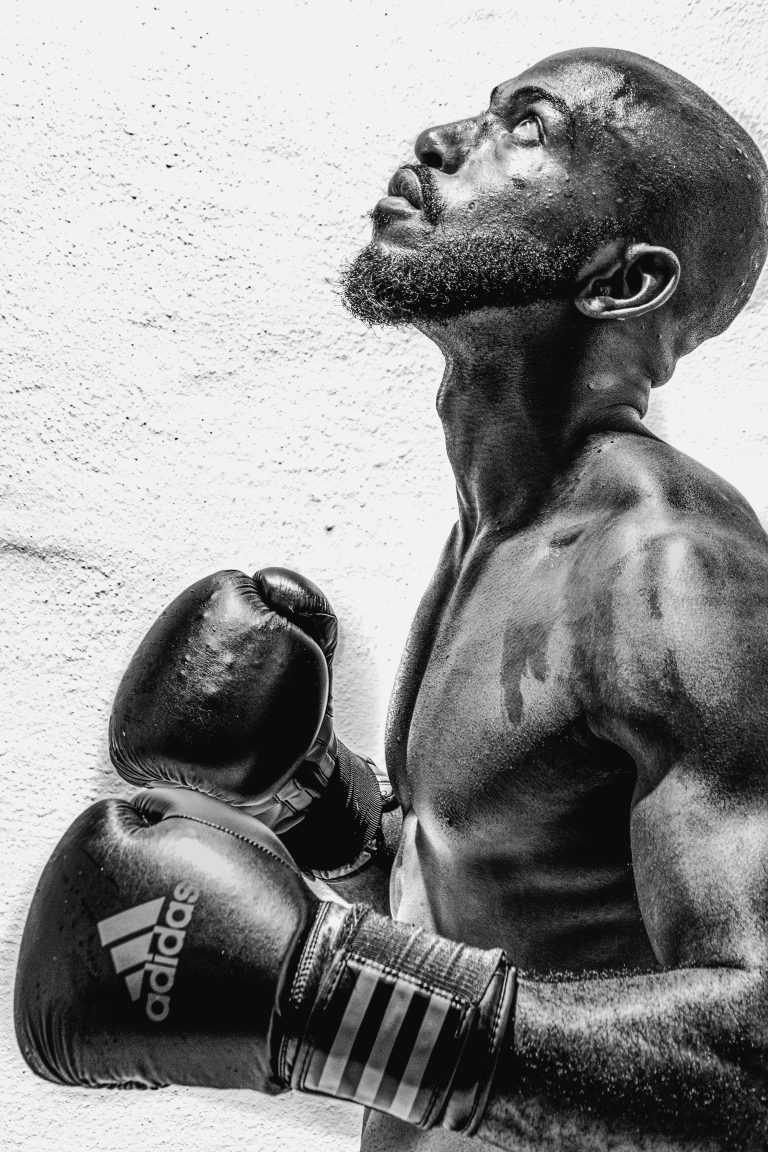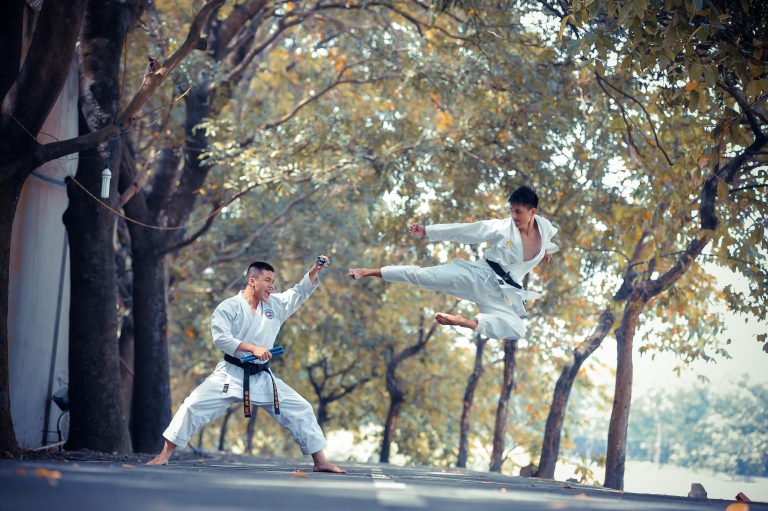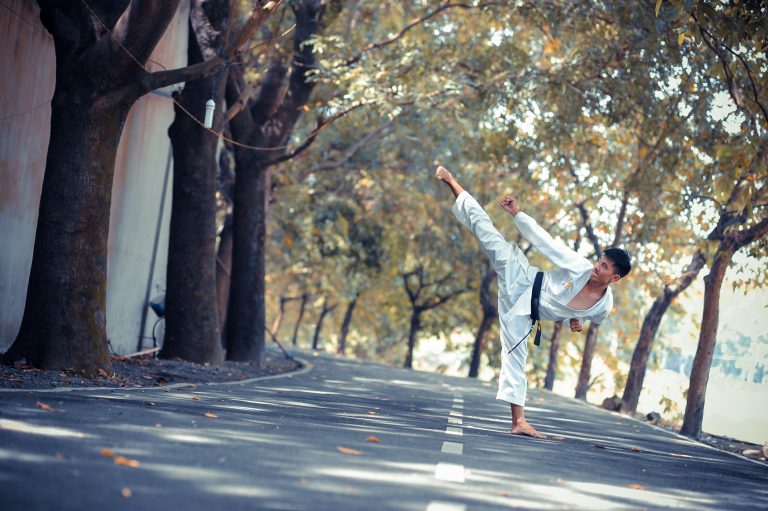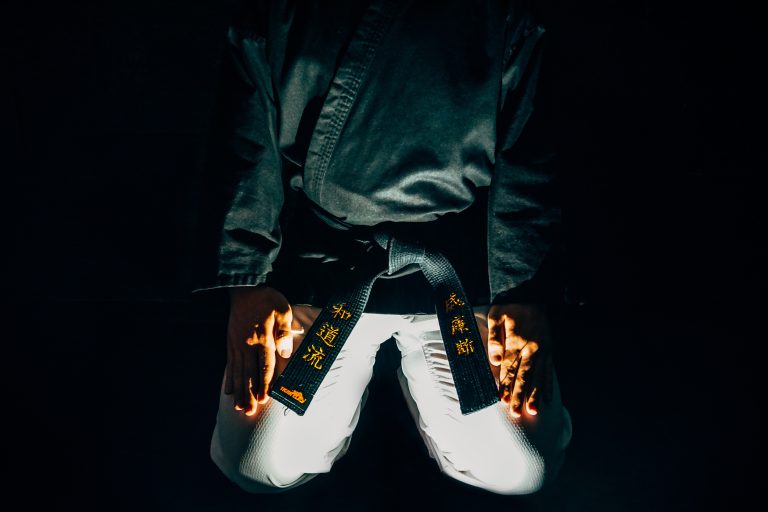How to integrate karate into everyday life
Karate is a martial art that can be incorporated into everyday life to improve physical fitness and mental wellbeing. It involves the use of strikes, kicks, and blocks to defend oneself or others from harm. In this blog post, we will explore ways to integrate karate into your daily routine.
1. Find a local karate club or gym
The first step to integrating karate into your daily routine is to find a local karate club or gym. Joining a club or gym is a great way to meet other people who share your interests and to learn from experienced instructors.
When looking for a club or gym, choose one that is conveniently located and has a schedule that works for you. Some clubs or gyms offer morning, afternoon or evening classes, so choose the one that best fits your schedule. Also, make sure that the club or gym has certified instructors who are experienced in teaching karate.
2. Make time for karate
The next step is to make time for karate. It’s important to set aside time each week to practice karate. This can be done by attending classes or practicing at home.
If you decide to practice at home, make sure that you have enough space to move around and practice your techniques without injuring yourself or others. You can also find instructional videos online or purchase instructional DVDs to guide you in your training.
3. Start with basic techniques
It’s important to start with basic karate techniques such as punches, kicks, and blocks. These basic techniques will help you build a solid foundation for more advanced techniques in the future.
It’s also important to practice proper form and technique. Improper technique can lead to injury or reduced effectiveness of your techniques. So, make sure that you follow the instructions of your instructor and focus on proper form and technique.
4. Set goals and track progress
Setting goals and tracking your progress is an important part of integrating karate into your daily routine. This can help you stay motivated and focused on your training.
Set both short-term and long-term goals for yourself. Short-term goals could include mastering a particular technique or achieving a certain number of repetitions. Long-term goals could include earning a black belt or competing in a karate tournament.
Keep track of your progress by keeping a journal or using a fitness tracker. These tools can help you see how far you’ve come and encourage you to keep pushing yourself.
5. Practice mindfulness
Karate is not just about physical training, it’s also about mental training. Practicing mindfulness can help you stay focused and calm during training and in everyday life.
Take a few minutes before and after training to focus on your breath and clear your mind. This can help you stay present and focused during training and improve your mental wellbeing.
In conclusion, integrating karate into your daily routine can have numerous benefits for both physical fitness and mental wellbeing. By finding a local karate club or gym, making time for training, starting with basic techniques, setting goals, and practicing mindfulness, you can successfully integrate karate into your everyday life.
Frequently Asked Questions About Integrating Karate Into Everyday Life
Karate is a form of martial arts that originated in Okinawa, Japan, in the early 20th century. It has since spread across the world and has become a popular way for people to stay fit, build self-confidence, and learn self-defense techniques. Integrating karate into your everyday life can be rewarding, but it can also raise many questions. In this blog post, we will answer some of the most frequently asked questions about integrating karate into your everyday life.
1. What are the benefits of integrating karate into everyday life?
There are several benefits to integrating karate into your everyday life. First, karate can help you stay physically fit. It is a full-body workout that can improve your strength, flexibility, and endurance. Additionally, karate can improve your mental health by reducing stress and anxiety. Karate also promotes self-discipline, confidence, and focus. Finally, karate is a practical skill that can help you defend yourself in dangerous situations.
2. Do I need to have any prior experience to start practicing karate?
No, you do not need to have any prior experience to start practicing karate. Karate is designed for people of all ages and skill levels. There are beginner classes available at most dojos (karate schools) that will teach you the basics and help you develop the skills you need to progress to higher levels. With consistent practice and dedication, anyone can become proficient in karate.
3. How often should I practice karate?
The frequency at which you should practice karate depends on your individual goals and schedule. If you are looking to improve your physical fitness and mental health, you should aim to practice at least two to three times per week. If you are looking to progress through the ranks and earn higher belts, you may need to practice more often. It is essential to find a schedule that works for you and allows you to consistently practice and improve.
4. Do I need any special equipment to practice karate?
To practice karate, you will need some basic equipment, including a karate uniform (gi) and a belt. Some dojos may require additional equipment, such as gloves, shin guards, or headgear, depending on the type of training you are doing. It is best to check with your instructor before purchasing any equipment to ensure you buy the correct items.
5. Is karate safe?
Karate is generally safe when practiced correctly under the guidance of a qualified instructor. However, as with any physical activity, there is always a risk of injury. It is crucial to practice proper technique and follow all safety guidelines to minimize your risk of injury. Additionally, if you have any pre-existing injuries or medical conditions, you should consult with your doctor before starting karate.
6. Can children practice karate?
Yes, karate is an excellent activity for children. It can help them develop physical coordination, self-discipline, and self-confidence. Many dojos offer classes specifically designed for children. It is essential to ensure that your child is practicing with a qualified instructor and following all safety guidelines.
7. Can I practice karate on my own?
While it is possible to practice karate on your own, it is best to practice with an instructor or a group. An instructor can provide feedback on your technique and help you develop your skills more efficiently. Additionally, practicing with a group can provide motivation and support to help you stay consistent and committed to your practice.
8. How long does it take to progress through the belt system in karate?
The time it takes to progress through the belt system in karate varies depending on many factors, such as your individual skill level, the frequency of practices, and the requirements set by your specific dojos. Typically, it takes several years of consistent practice to progress from a white belt (beginner) to a black belt (expert).
9. Can I still practice karate as I get older?
Yes, karate is an activity that people can enjoy throughout their lives. It is essential to adjust your practice to your physical abilities as you get older and to consult with your doctor before starting any new physical activity.
10. How can I find a qualified karate instructor near me?
To find a qualified karate instructor near you, you can do a quick search online or ask for recommendations from friends or family members who practice martial arts. Additionally, you can contact local dojos and ask to watch a class or speak with an instructor to ensure they have the qualifications and experience to teach karate properly.
Conclusion
Integrating karate into your everyday life can be a rewarding experience that provides both physical and mental benefits. By understanding the basics of karate and finding a qualified instructor, you can enjoy all the benefits it has to offer. Remember to practice consistently and safely to get the most out of your karate practice.
Inhaltsverzeichnis






